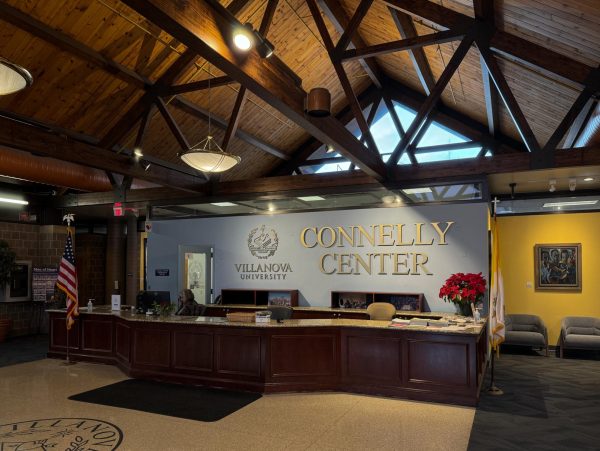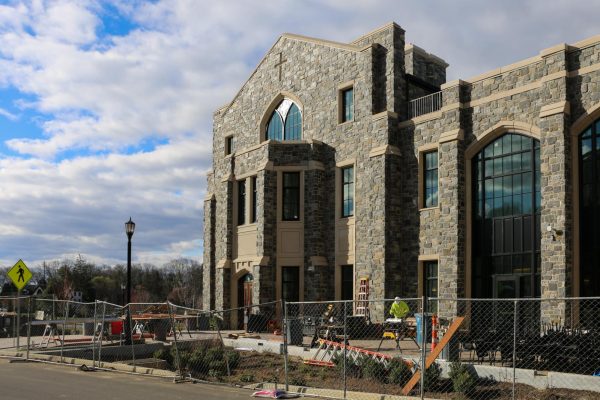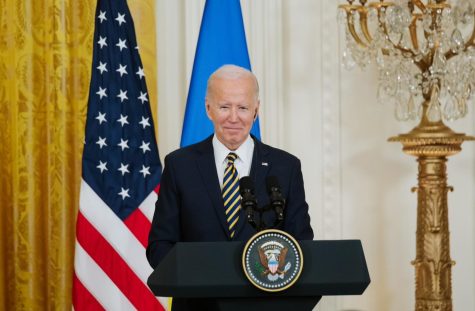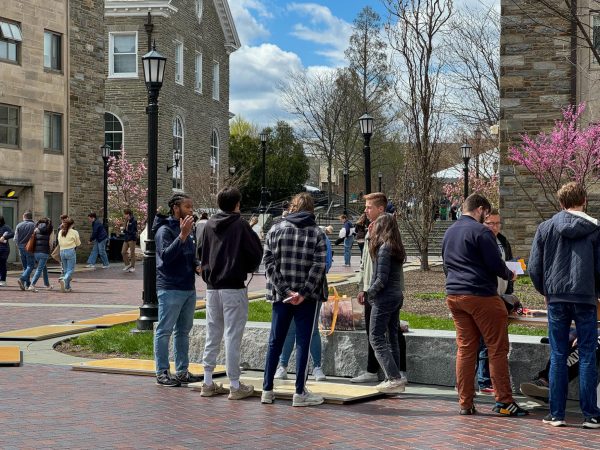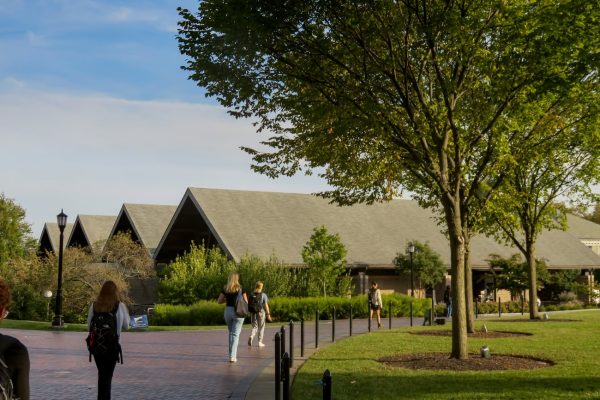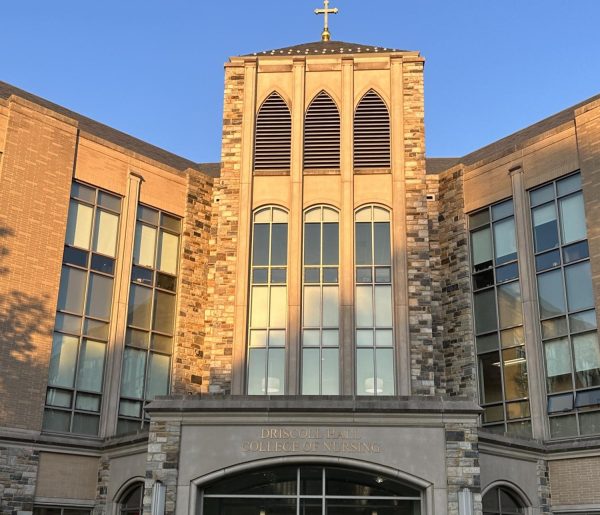separation of church and state
April 13, 2005
I write partly in response to Mr. Tierney’s letter to the editor about Pope John Paul II but also more generally about the ongoing debate in the United States about the proper role of religion in the public forum. We often hear cries about the need for separation of church and state, but those who make the argument err in several respects. First, they try to elevate their belief in an absolute separation between church and state to a mandated constitutional principle. In fact, the Constitution never uses the words “separation of church and state.” The First Amendment reads, “Congress shall make no law respecting an establishment of religion,” which is far less specific restriction on legislative power. Certain Justices of the Supreme Court have used Thomas Jefferson’s interpretation of the “Establishment Clause” to hold that the First Amendment requires separation of church and state, but this is far from a settled point. Furthermore, the current Supreme Court does not have a single Justice who believes that the Constitution requires an absolute separation of church and state.
Next, the hot social issues of the day – same sex marriage, abortion, and the death penalty – have nothing to do with separation of church and state as the Supreme Court uses that term. For example, the Supreme Court did not strike down the juvenile death penalty or state abortion laws in Roe v. Wade because those laws violated the separation of church and state.
With those principles on the table, I assert that those with religious viewpoints on the issues of the days should not be criticized for violating the separation of church and state. In fact, we should praise these religious people for fulfilling their civic duties by looking to contribute to society. People may have differing economic, social, or self-interested reasons for supporting or opposing a law, and religious viewpoints add to the diversity of opinion in the public forum. Religious and moral values were at the core of the settlement of America and have remained vitally important to this land for over four hundred years. Certainly religious zealots have won the day on several occasions and oppressed those who dissented. (e.g., the Salem Witch Trials). Yet, those who acted based on their religious beliefs have provided compassionate social services for the needy, have educated millions of America’s youth, have pushed corporations and legislatures to provide greater protection for workers, and were at the forefront of abolishing slavery. Many of the positive contributions from religious groups were made when the government and secular society more generally refused to act, but others would have failed if governmental cooperation with religion violated the separation of church and state.
Nevertheless, when religionists bring their viewpoints on abortion and same-sex marriage into the public forum, some still argue that the separation of church and state prohibits this religious influence. But where are these critics when we hear religious viewpoints opposing war, supporting an increase in the minimum wage, or arguing for greater environmental regulations? The answer: ready to form a coalition with anyone, religionist or secularist, willing to support their viewpoint. The more principled stance for these critics would be either to oppose or to support the use of religiously based arguments in all public debates. I urge these critics that instead of lambasting those who hold religious viewpoints that lead to results different from their own, these critics should acknowledge the value of religious viewpoints in every public debate. Only when all views are welcome will we have a full debate that allows all sides to express their views and enriches the quality of our public policy and public discourse.
Joe Doherty, 3L


